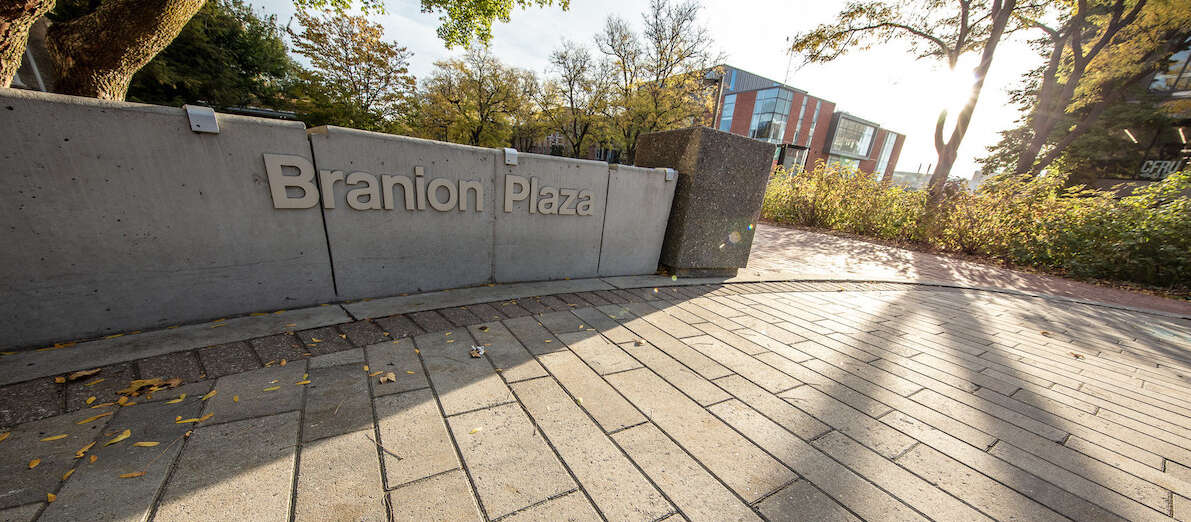On September 17th, 2024, the University of Guelph is joining campuses across Ontario to participate in #WeBelieveYou Day to raise awareness about sexual and gender-based violence (SGBV) and to show solidarity with survivors. On #WeBelieveYou Day, we will be engaging the broader University of Guelph campus community by committing to one simple idea: when a survivor of sexual and gender-based violence discloses, we believe them.
Many survivors are afraid to disclose out of fear of not being believed or blamed for the violence they’ve experienced. By supporting survivors and showing them that they are believed, we can challenge victim blaming and create possibilities for healing, support and safety.
Post-secondary students are disproportionately impacted by sexual and gender-based violence. Staff and faculty are an essential part of fostering an environment where survivors feel safe and believed when disclosing incidents and are invited to listen, learn and share support for #WeBelieveYou.
Learn more about the history and need behind #WeBelieveYou Day.
How to show solidarity during #WeBelieveYou Day
- Drop by We Believe You Day in Branion Plaza between noon and 4 p.m. on Tuesday, Sept. 17, where you can learn more about SGBV supports and education at the University of Guelph and write your own love letter to survivors to be displayed on campus.
- Book a Wellness Educator for a team training or classroom presentation by emailing wellness@uoguelph.ca.
- Expand your learning about sexual and gender-based violence via the Sexual Violence Support Module for Faculty and Staff.
- Creating a post or video of what #WeBelieveYou day means to you and post on social media tagging #WeBelieveYou and @wellness_uofg.
- Check out other learning opportunities available through the Sexual and Gender-Based Violence Office.
- Share information with your office or department about #WeBelieveYou Day and encourage them to participate.
Supporting a student
If a student reaches out to you as a first point of contact about experiences of sexual or gender-based violence, you can help them by:
- Connecting them to Sexual and Gender-Based Violence (SGBV) support on campus.
- Contacting the SGBV coordinator for a consultation on how to handle a disclosure of SGBV – contact them at svinfo@uoguelph.ca.
- Referring them to Student Wellness Navigators, the first point of contact for students with mental health concerns.
- Reviewing Responding to Students in Distress: A Guide for Staff & Faculty.
Support resources for staff and faculty
If you or a colleague you know has experienced SGBV, there are also resources available.
- Sexual & Gender-Based Violence (SGBV) Support on Campus is also available to faculty and staff.
- After-hours SGBV support in Guelph and Area is available through GW Women in Crisis.
- Access to free 24/7 counselling support through U of G’s Employee and Family Assistance Program is available by calling Homewood Employee Health at 1-800-663-1142.
- Maplewoods Centre for Family Therapy and Child Psychology offers clinical therapy services for youth and adults and is located on campus. Fees are charged on a sliding scale based on family income and financial hardship.
